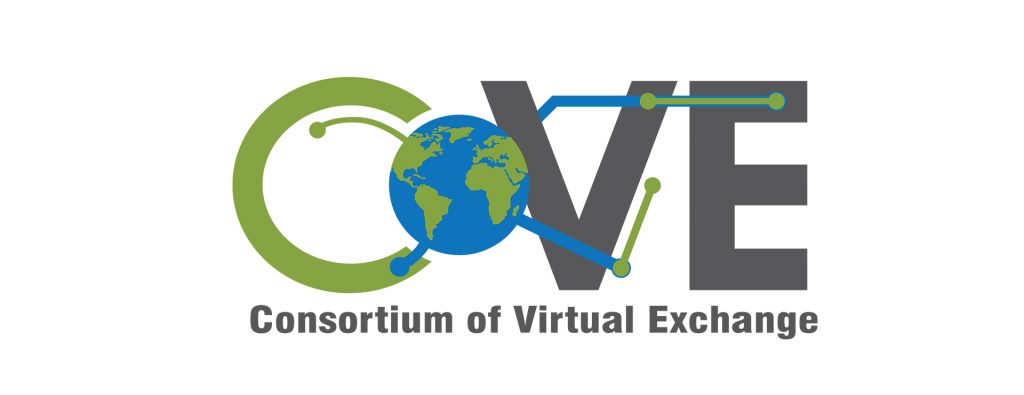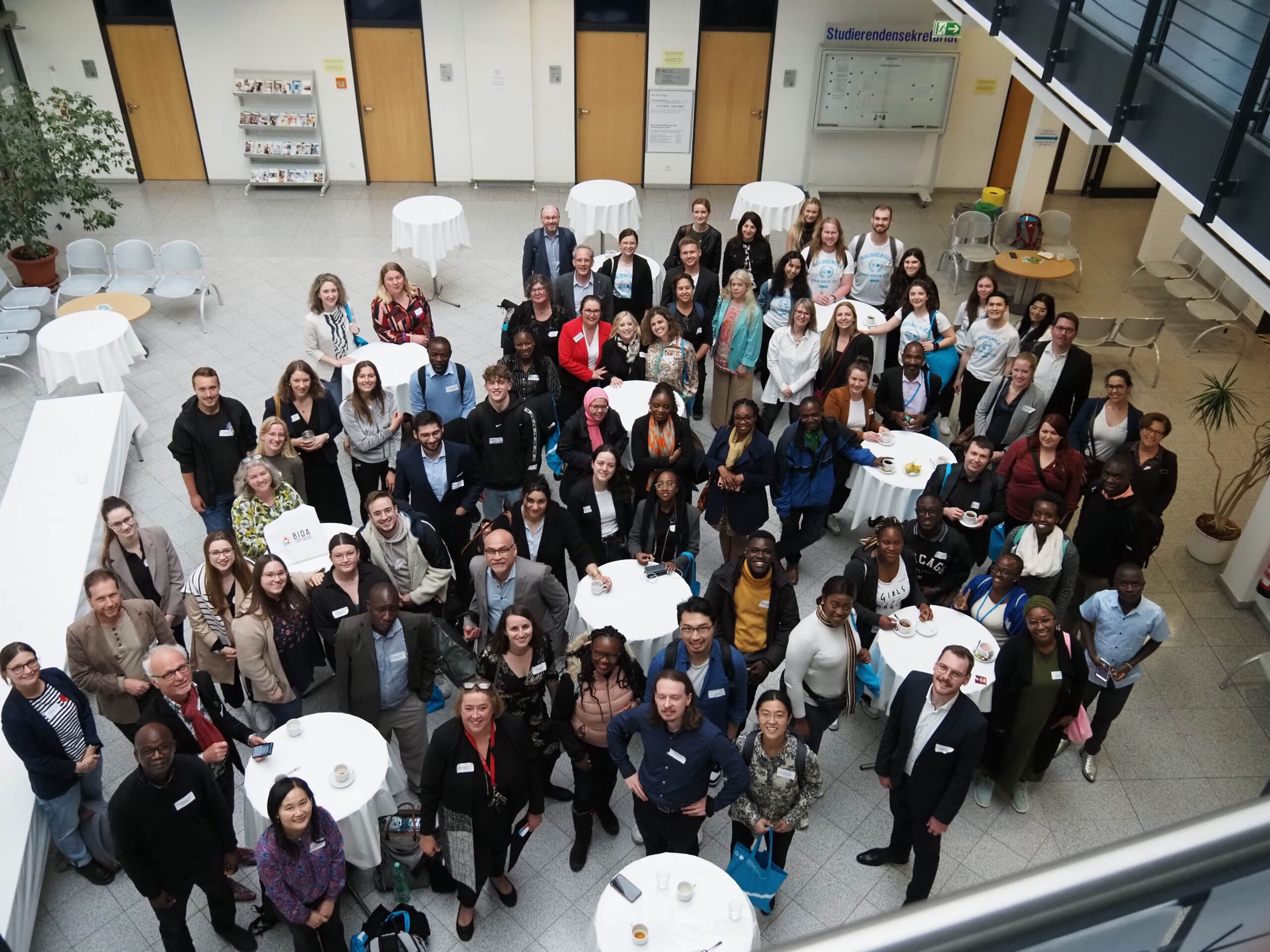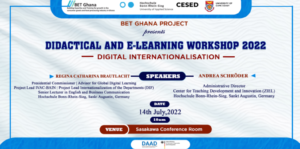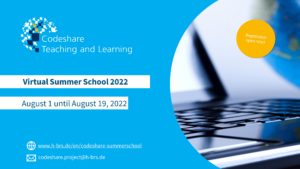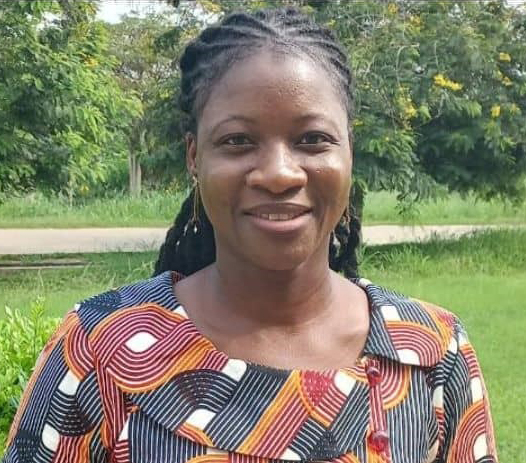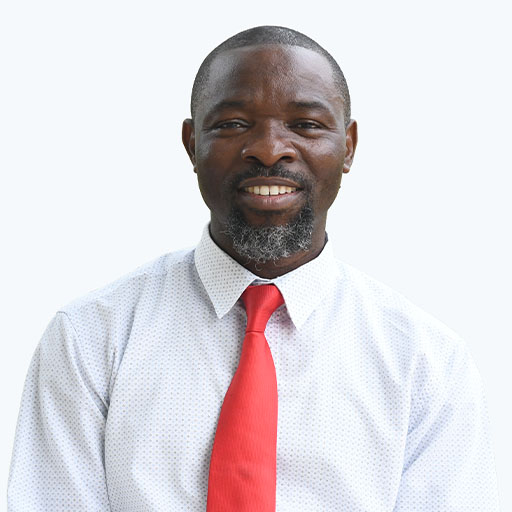On May 13, 2023, at Hochschule Bonn-Rhein-Sieg Campus in Sankt Augustin, the hybrid and in-person conference “Virtual Mobility for All – Teaching and Learning in a Connected World” brought together a community involved in developing new internationalization formats that included innovative digital learning scenarios supporting global digital learning. The event showcased various formats of global digital collaboration, such as virtual or hybrid exchanges, digital summer schools, and other online formats conducted in synchronous and asynchronous virtual environments. It also brought together administrators, e-learning, and IT experts to find technical and secure solutions in connecting higher education institutions. The event, which hosted over 200 participants both in person and online, was a tremendous success.
We invited educators, international office managers, university administrators, and learning technologists from around the globe to share their education innovations. The one-day conference, which was held in the Cologne-Bonn region on the H-BRS campus in Sankt Augustin, Germany, allowed participants to discuss how merging digital and international activities could benefit global engagement among higher education institutions worldwide. The conference was sponsored by the Stiftung Innovation in der Hochschullehre.
Opportunities were provided to discuss how internationalization and digitalization strategies could be transformed to offer more inclusive and diverse opportunities than traditional mobility programs had accomplished in the past. The conference was open to all disciplines, and interdisciplinary contributions were warmly welcomed. Online contributions were also available for streaming during the hybrid event to accommodate university partners in different time zones, aiming to expand the opportunities for virtual mobility for all students. We encouraged students to submit contributions showcasing their experiences in virtual mobility schemes.
The event was a resounding success, and we were grateful to all the participants for their valuable contributions and discussions.
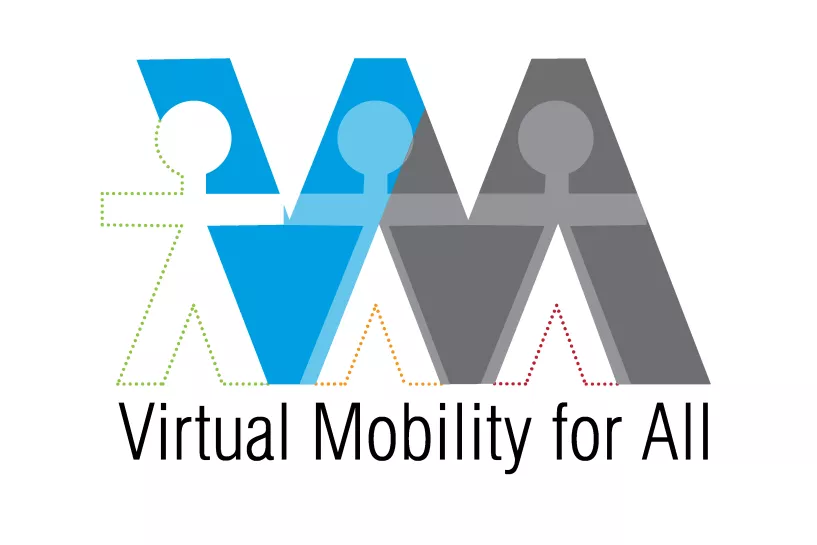
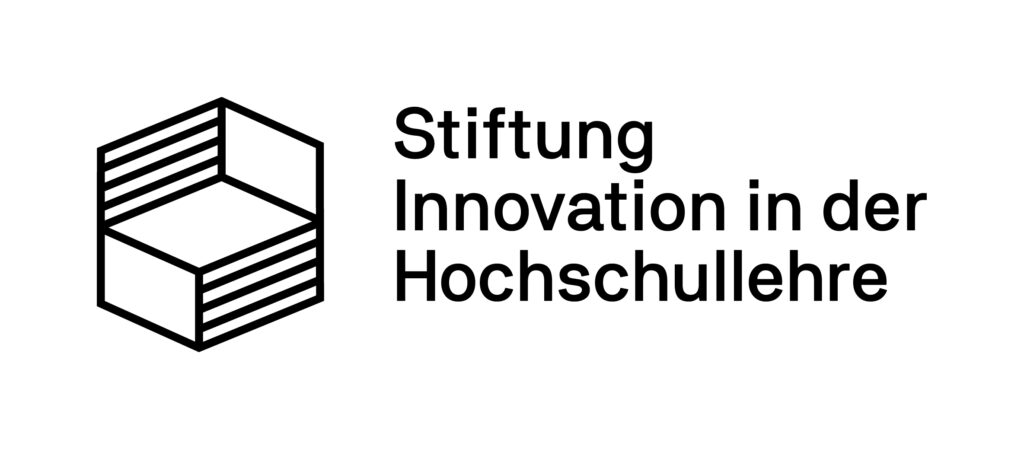
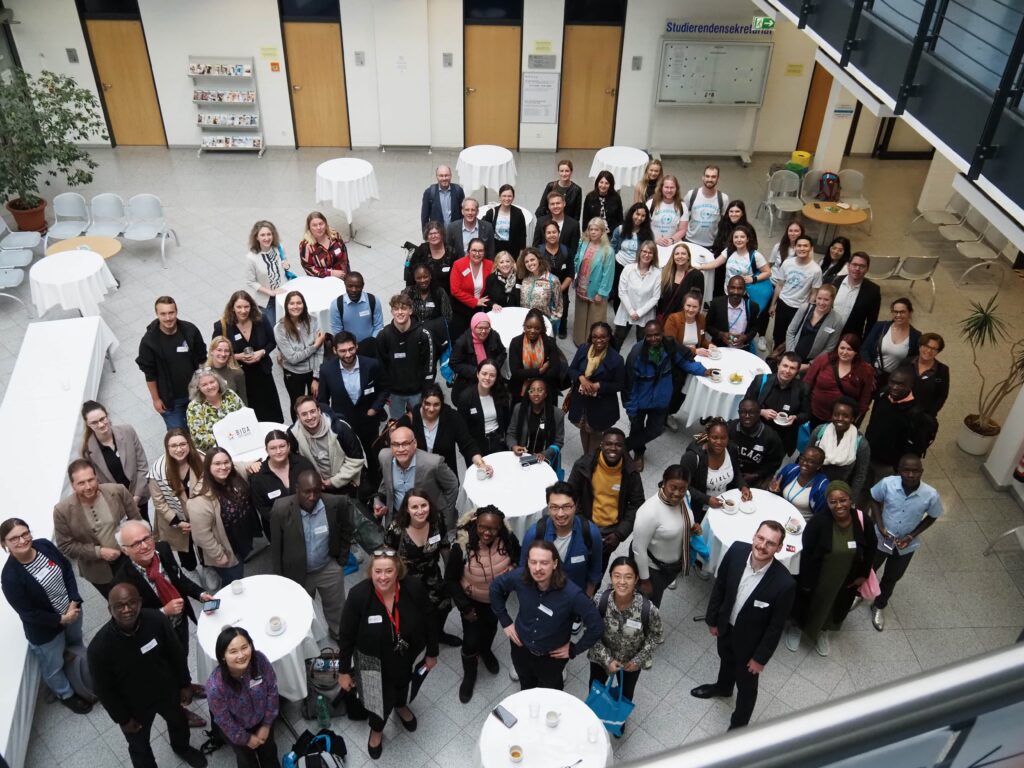
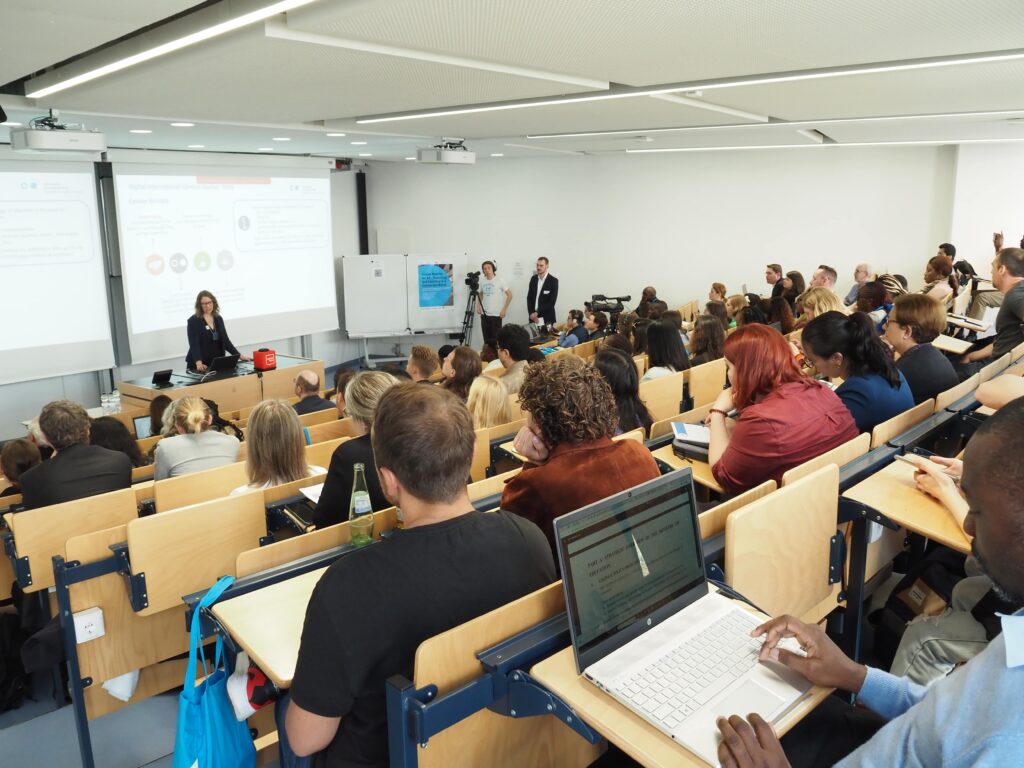
The keynote speakers at the event:
Dr. Müge Satar
Müge Satar (PhD) is Reader in Applied Linguistics at Newcastle University, UK. She is interested in communicative and pedagogical aspects of multimodal interaction for online language learning and teaching, focusing on social presence, meaning-making, instruction-giving, task design, and translanguaging. She is co-editor of the Journal of Virtual Exchange and have publications in leading journals in the field such as CALICO, Language Learning and Technology, ReCALL, and System. She is the Principal Investigator (coordinator) of the ENACT project co-funded by the European Union. Her most recent books are an edited volume Virtual Exchange: Towards Digital Equity in Internalisation (2021), a co-authored manuscript Instruction Giving in Online Language Lessons: A Multimodal (Inter)action Analysis (2023), and a co-edited volume Cultural Tasks For Digital Language Learning (forthcoming).
Angeliki Psychogyiou
Angeliki Psychogyiou is a Policy and Project Officer at the Academic Cooperation Association, where her main focus is on digitalisation and sustainability in international higher education, conducting both project and policy related work. In the framework of overseeing the digital portfolio of ACA, she is the co-chair of ACA’s Thematic Peer Group “New Mobility Formats”, exploring the intersection between digitalisation and sustainability and discussing emerging trends and issues in new digitally enhanced mobility formats as well as their implications for programme design and the work of funding agencies. She is also the coordinator of the recently funded HIBLend project, aiming to raise interest in and enhance HEIs’ capacity to develop high-quality blended mobility opportunities for students. Angeliki has also been working in the private sector, in a complementary capacity, in evaluating EU funding applications in education and conducting research for EU studies (e.g., study on the implementation of the Council Recommendation on promoting automatic mutual recognition).
